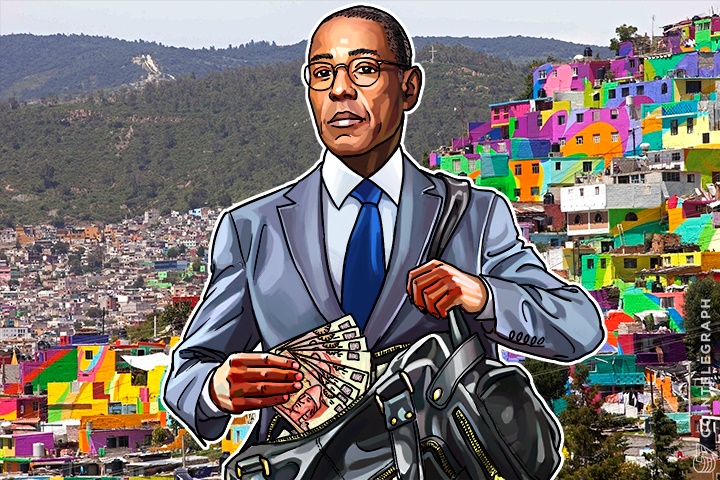Mexican drug cartels generate a lot of profit in the USA, which is one of their main markets. How is this money transferred back to Mexico?
Banks – the old favourite
In the past, drug cartels had cozy relationships with banks, which facilitated the transfer of drug proceeds.
In 2012, HSBC reached a $1.9 Bn agreement with the United States admitting that it had enabled Mexican drug cartels to launder billions of dollars through its counters. The charges include failure to monitor more than $670 Bn of wire transfers and more than $9Bn of purchases of US dollars from HSBC Mexico.
The families of US citizens killed by Mexican drug cartels are suing HSBC, alleging that HSBC's actions led to the destruction of multiple lives.
Gold is in vogue
According to a Bloomberg report published in May 2016, the Sinaloa cartel used some of the proceeds from selling drugs in the US to buy gold from pawn shops. This gold was then shipped to a company in Florida, which falsified paperwork to make it appear that the gold was purchased from companies in Mexico. This gold was then sold in the market, and the proceeds were remitted to the companies in Mexico after the deduction of commission.
An elaborate money laundering scheme was given the appearance of a legitimate trade transaction.
Bitcoins?
Bitcoin is often mentioned in a negative light due to its pseudonymous nature and its use in darknet websites to buy illegal goods.
While individuals might use Bitcoins to buy drugs anonymously from the internet, its overall relevance to the movement of drug money is low.
Sarah Meiklejohn, a computer scientist at University College London, says to Science Magazine:
“It’s difficult to push large amounts of Bitcoin secretly through mixing services. It’s extremely noticeable no matter how you do it. If you catch a dealer with drugs and cash on the street, you’ve caught them committing one crime. But if you catch people using something like Silk Road, you’ve uncovered their whole criminal history. It’s like discovering their books.”
Numbers tell the story – the global drug trade is estimated to be between $300 Bn and $400 Bn, while the value of all Bitcoins in circulation is less than $7Bn.
Bitcoin and other cryptocurrencies cannot be one of the major means for drug lords to transfer money, given their limited market capitalization.
